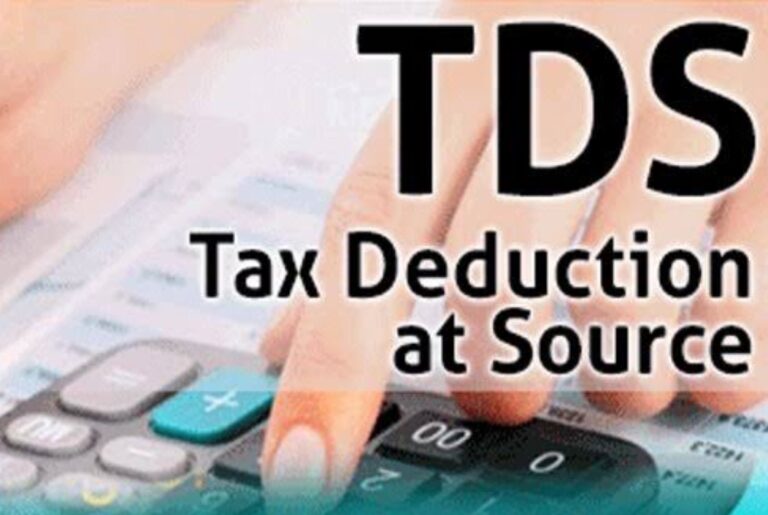Tax Deducted at Source (TDS) isn’t just for large corporations. In India, small businesses and even individuals may be required to deduct and deposit TDS in specific situations. Understanding your responsibilities is crucial to remain compliant and avoid penalties.
1. TDS on Rent Payments
i. Section 194IB – Rent Paid by Individuals/HUF (No Tax Audit Required)
If you’re an individual or HUF paying monthly rent exceeding Rs. 50,000, even without a tax audit requirement:
- TDS Rate: 2%
- TAN Requirement: Not required
- PAN Requirement: Both landlord and tenant must have valid PAN
- Payment & Filing: File Form 26QC (Challan-cum-statement) within 30 days from the end of the month in which rent is paid
- TDS Certificate: Issue Form 16C within 15 days
- Note: This also applies to salaried individuals claiming House Rent Allowance (HRA)
ii. Section 194I – Rent Paid by Individuals/HUF (With Tax Audit Requirement)
If you’re subject to a tax audit and paying rent:
- TDS Rate:
- 10% on Land or Building
- 2% on Plant or Machinery
- TAN Requirement: Mandatory
- PAN Requirement: Valid PANs required
- Payment & Filing: File Form 26Q within 30 days from the month-end
- TDS Certificate: Issue Form 16A within 15 days
2. TDS on Contractual Payments
i. Section 194M – Contract Payments by Individuals/HUF (No Tax Audit Required)
For payments over Rs. 50 lakh in a financial year to contractors, professionals, etc.:
- TDS Rate: 2%
- TAN Requirement: Not required
- PAN Requirement: Both parties must have valid PAN
- Payment & Filing: File Form 26QD within 30 days from month-end
- TDS Certificate: Issue Form 16D within 15 days
ii. Section 194C – Contract Payments by Businesses (With Tax Audit Requirement)
For contract payments over Rs. 30,000 per transaction or Rs. 1 lakh per annum:
- TDS Rate:
- 1% if the payer is an Individual or HUF
- 2% for others
- TAN Requirement: Mandatory
- PAN Requirement: Valid PAN required
- TDS Deposit: By the 7th of the following month
- Filing: Use Form 26Q
- TDS Certificate: Issue Form 16A within 15 days
3. TDS Compliance Tips to Avoid Penalties
- Maintain accurate records of all payments throughout the year.
- Review whether you were subject to a tax audit in the previous financial year.
- Use the correct TDS forms and certificates based on transaction type and threshold.
- Pay TDS on time to avoid interest:
- 1% per month for late deduction
- 1.5% per month for late deposit
- Always issue TDS certificates to the payee within the due date.
- Even small transactions (Rs. 30,000 or more) can trigger TDS compliance.
Conclusion
Whether you’re a salaried individual, small business owner, or a professional, understanding TDS regulations is essential. Early compliance helps avoid interest, penalties, and legal complications. Make sure you stay updated with the latest provisions to manage your tax responsibilities effectively.
